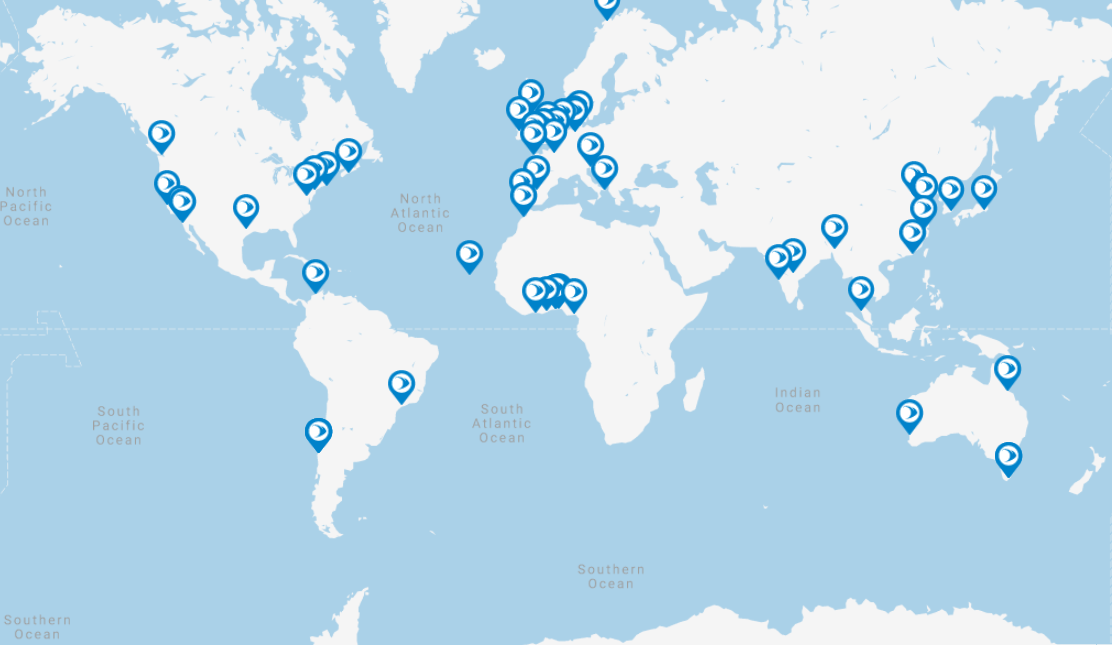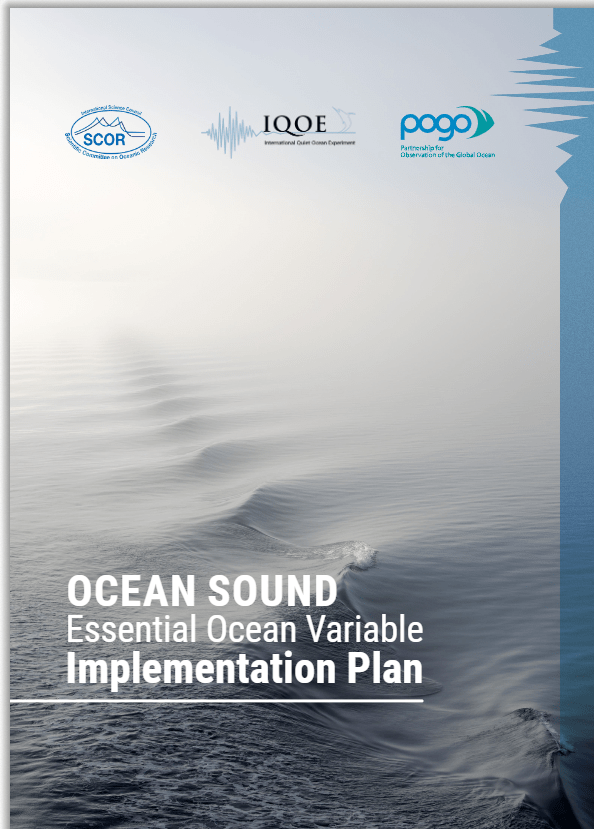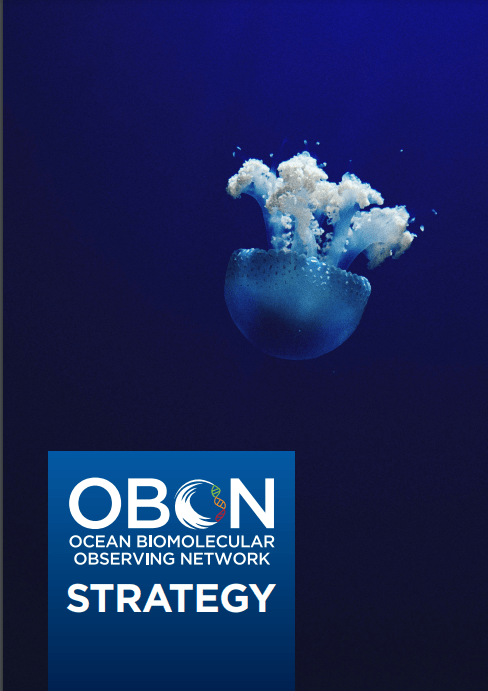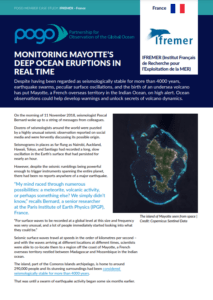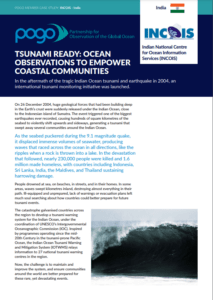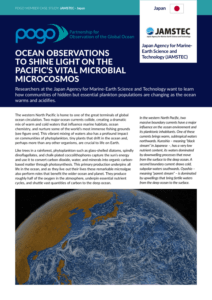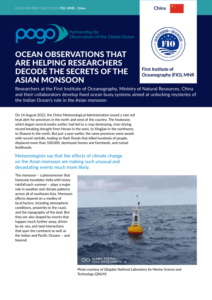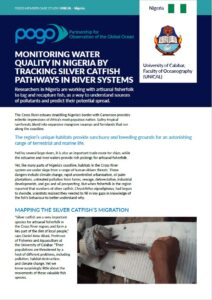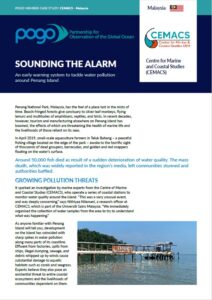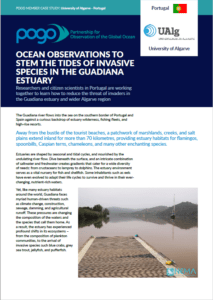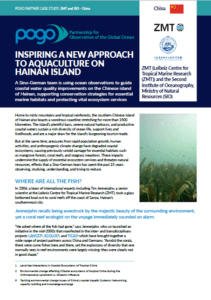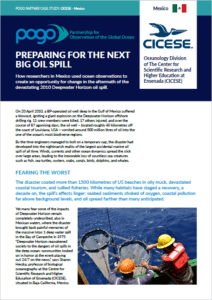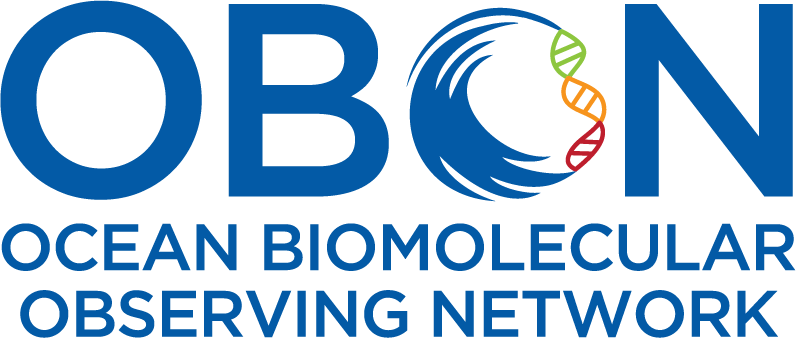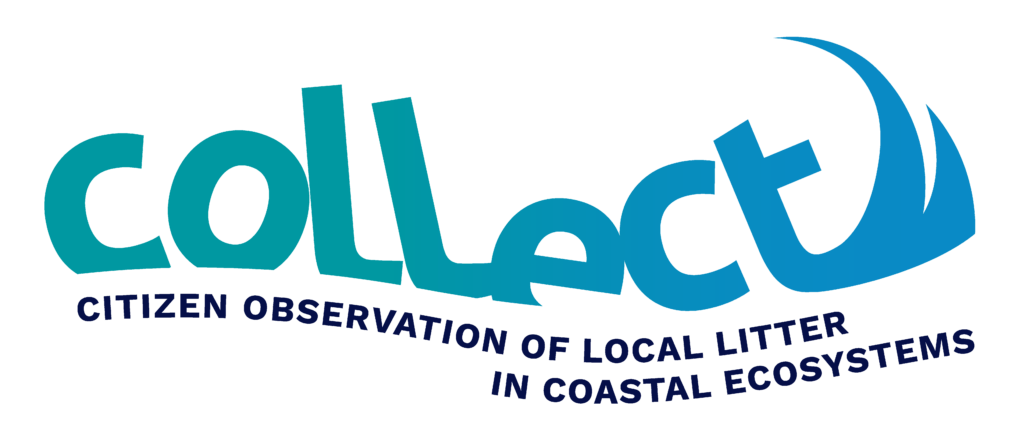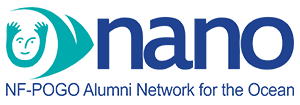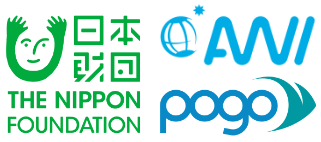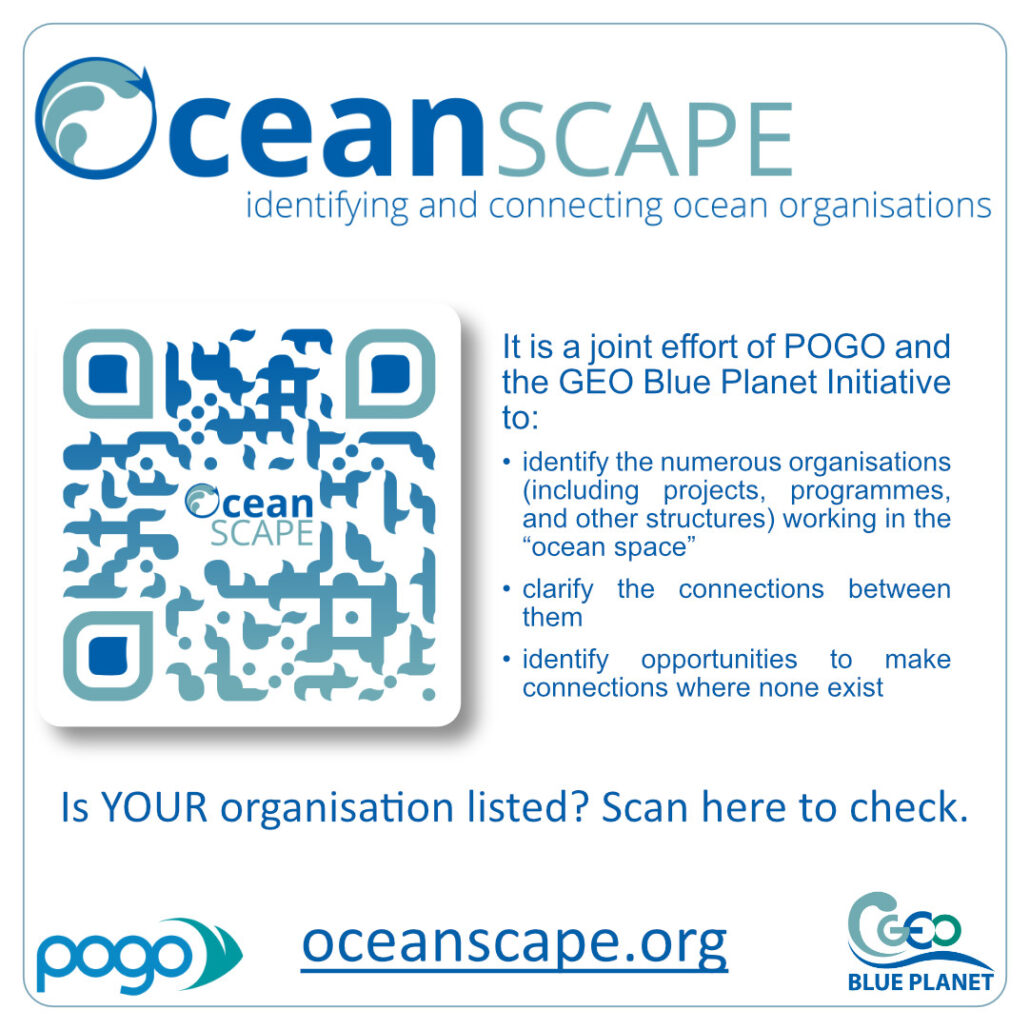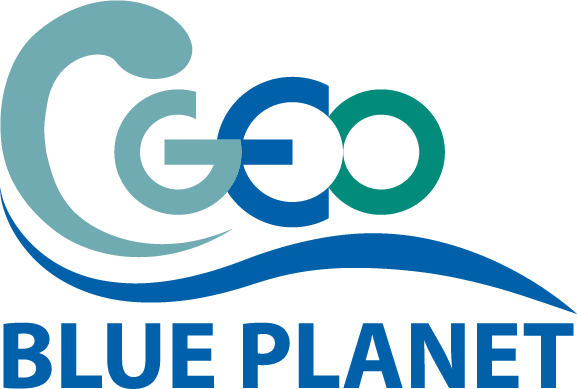More About POGO
Thank you for visiting our Exhibit at COP29. On this page you can find quick links to further information about POGO.
Find out about our other COP activities here:
https://pogo-ocean.org/outreach-and-advocacy/outreach-events-and-projects/cop29/
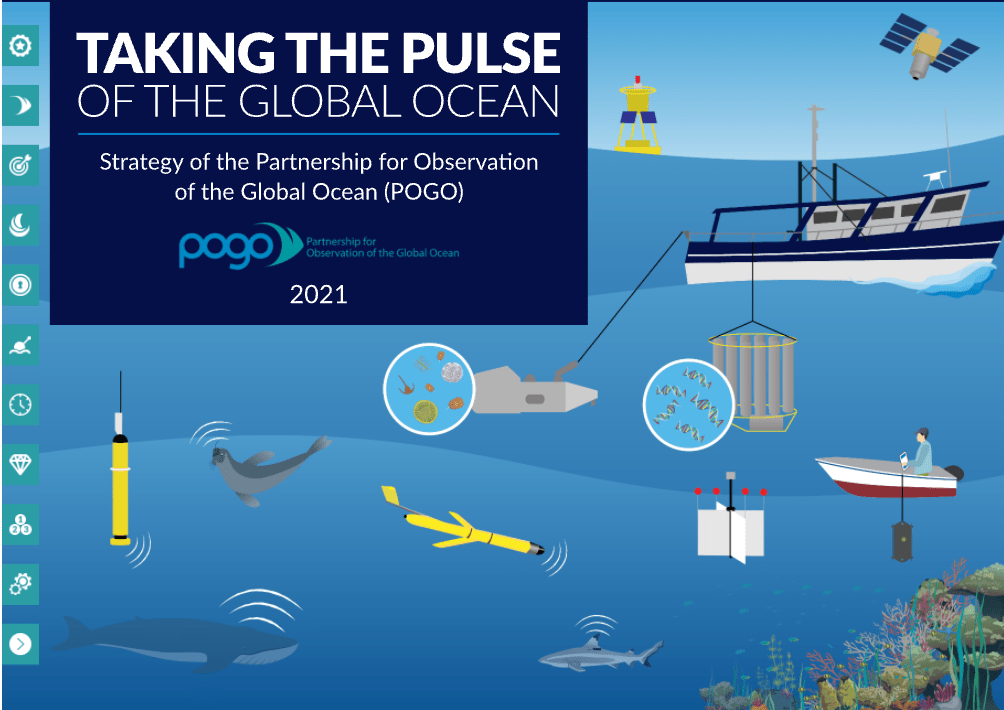
Our 5-year strategy, published in 2021, is available in English, French, Spanish, Arabic and Portuguese.
Read it at https://pogo-ocean.org/pogo-strategy/
The interactive document includes video statements from several of our members around the world.
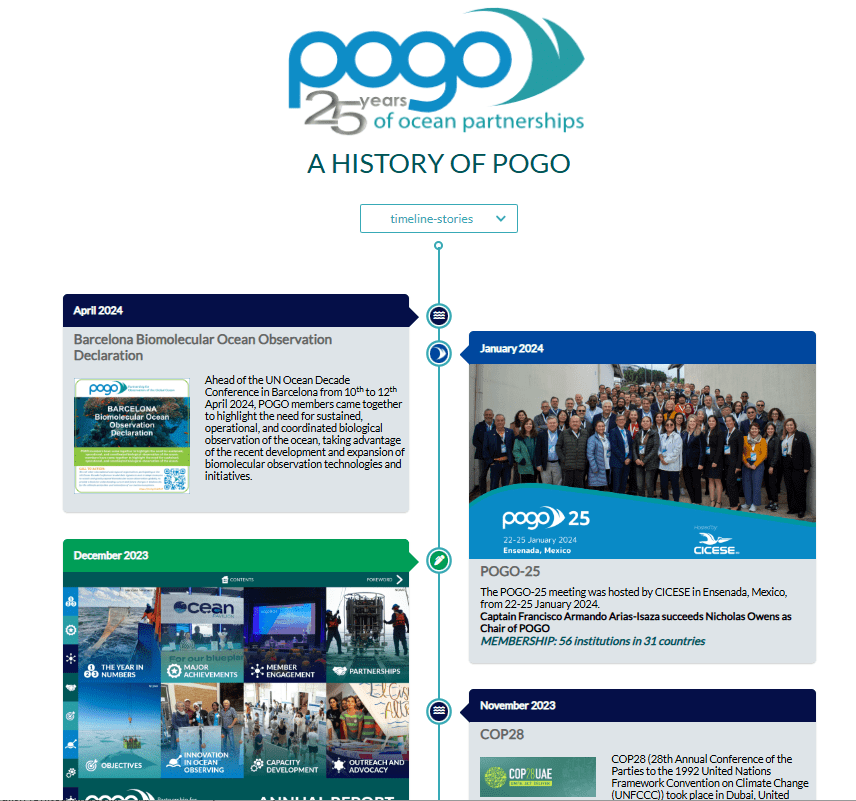
POGO was founded in 1999, and recently celebrated its 25th anniversary.
Visit https://pogo-ocean.org/history/ to view an interactive timeline of our work over the years.
We currently have 56 members in 32 countries.
Visit https://pogo-ocean.org/who-is-pogo/members/ to find out more about our members and their ocean observing systems.
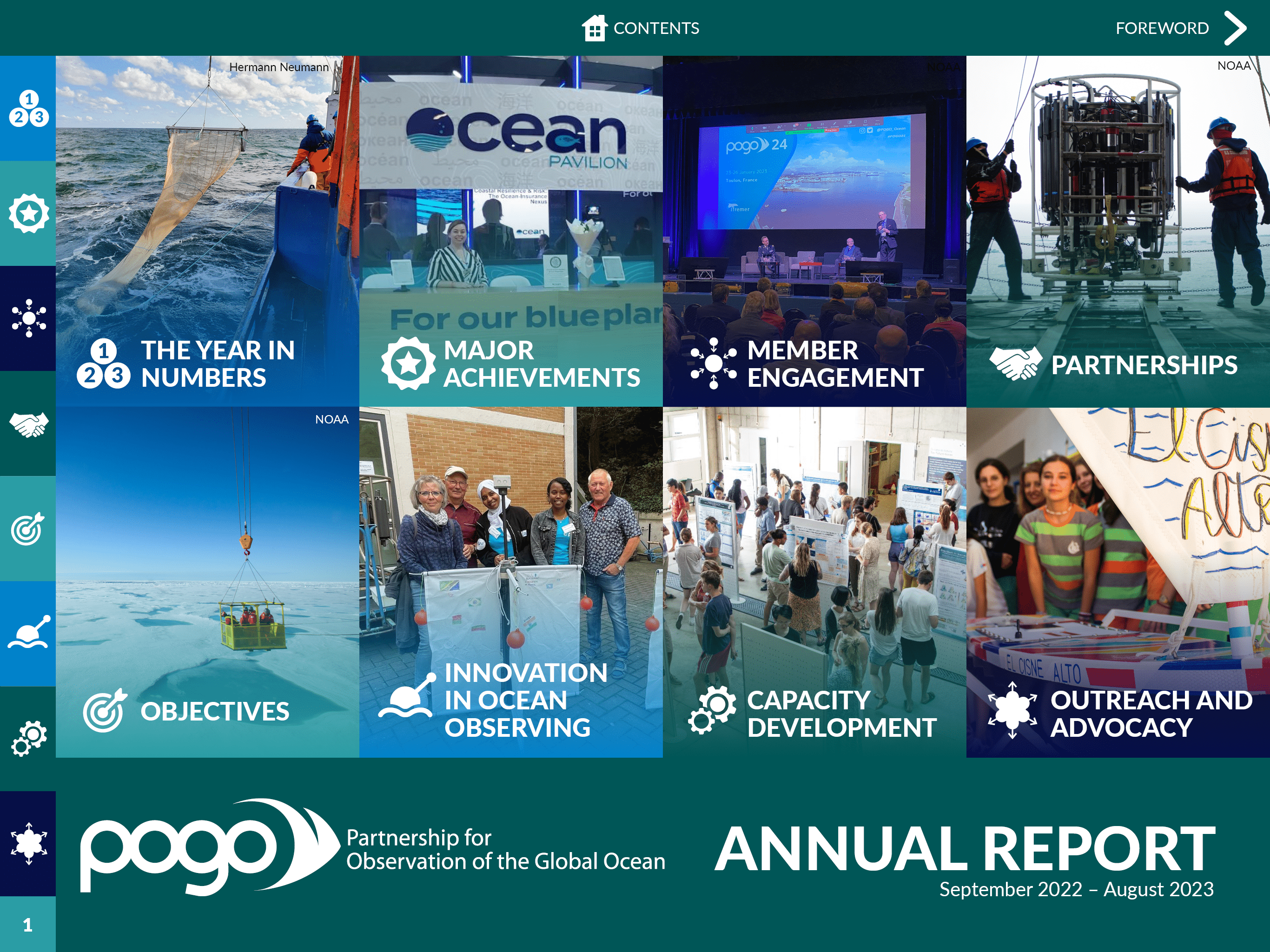
Read our annual report at:
Find out how to join POGO, and the benefits of membership here:
POGO-led initiatives
As well as being endorsed as a UN Ocean Decade Implementing Partner (DIP) by the IOC Executive Secretary on 29 March 2023, POGO is a lead organisation on a number of international groups and projects.
See below for two recently-published documents which outline different types of ocean observations, and ways they can be used to support climate monitoring and prediction.
The International Quiet Ocean Experiment (IQOE)’s Ocean Sound EOV Implementation Plan outlines the use of passive acoustics to monitor wind, rain and other environmental sounds, which can be used for long-term climate monitoring and prediction.
The Ocean Biomolecular Observing Network (OBON) uses techniques to analyse biomolecules such as DNA, RNA, and proteins.
Visit https://obon-ocean.org/about/strategy/ to read about how biomolecular approaches can be used to support global initiatives including IPCC goals.
Ocean Observing Case studies
Read about how ocean observing has been used to benefit society in the case studies below.
Three studies specifically relate to climate observations:
The Three Pillars of POGO’s Work
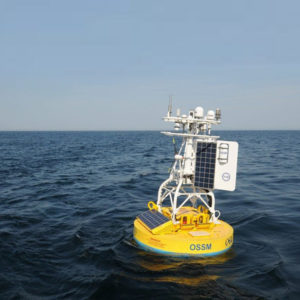
POGO supports innovative approaches to ocean observing through seed funding for new technologies, partnerships and training initiatives.
Current projects include the UN Ocean Decade-endorsed project, OBON (Ocean Biomolecular Observing Network), and the COLLECT (Citizen Observation of Local Litter in Coastal ECosysTems) Project.
Read about all our past and current projects here: https://pogo-ocean.org/innovation-in-ocean-observing/activities/
Presentation on Pillar I, recorded Jan 2021 for POGO-22 Meeting.
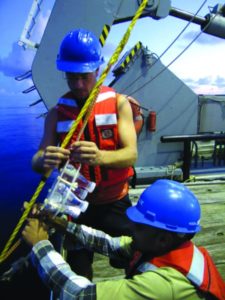
POGO’s capacity development programme is highly regarded, receives very positive feedback from both those receiving and providing the training, has had a demonstrable impact on individuals as well as institutions, and is often used as an exemplar for successful training and capacity development.
Find out more here about our training programmes and alumni network here : https://pogo-ocean.org/capacity-development/
Presentation on Pillar II, recorded Jan 2021 for POGO-22 Meeting.
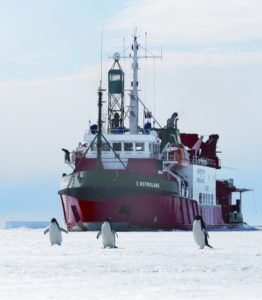
POGO aims to work with governments, foundations and industry to articulate the societal benefits of improved ocean observations, and the funding required to build and sustain the global ocean observing system.
POGO is also active in public outreach efforts, including ocean literacy and citizen science.
Find out more about POGO’s outreach work at: https://pogo-ocean.org/outreach-and-advocacy/
Access our brochures, leaflets, videos and more at: https://pogo-ocean.org/outreach-and-advocacy/media-and-publications/
Read past issues of our newsletter, and sign up to receive our emails here: https://pogo-ocean.org/pogo-newsletter/
Presentation on Pillar III, recorded Jan 2021 for POGO-22 Meeting.


